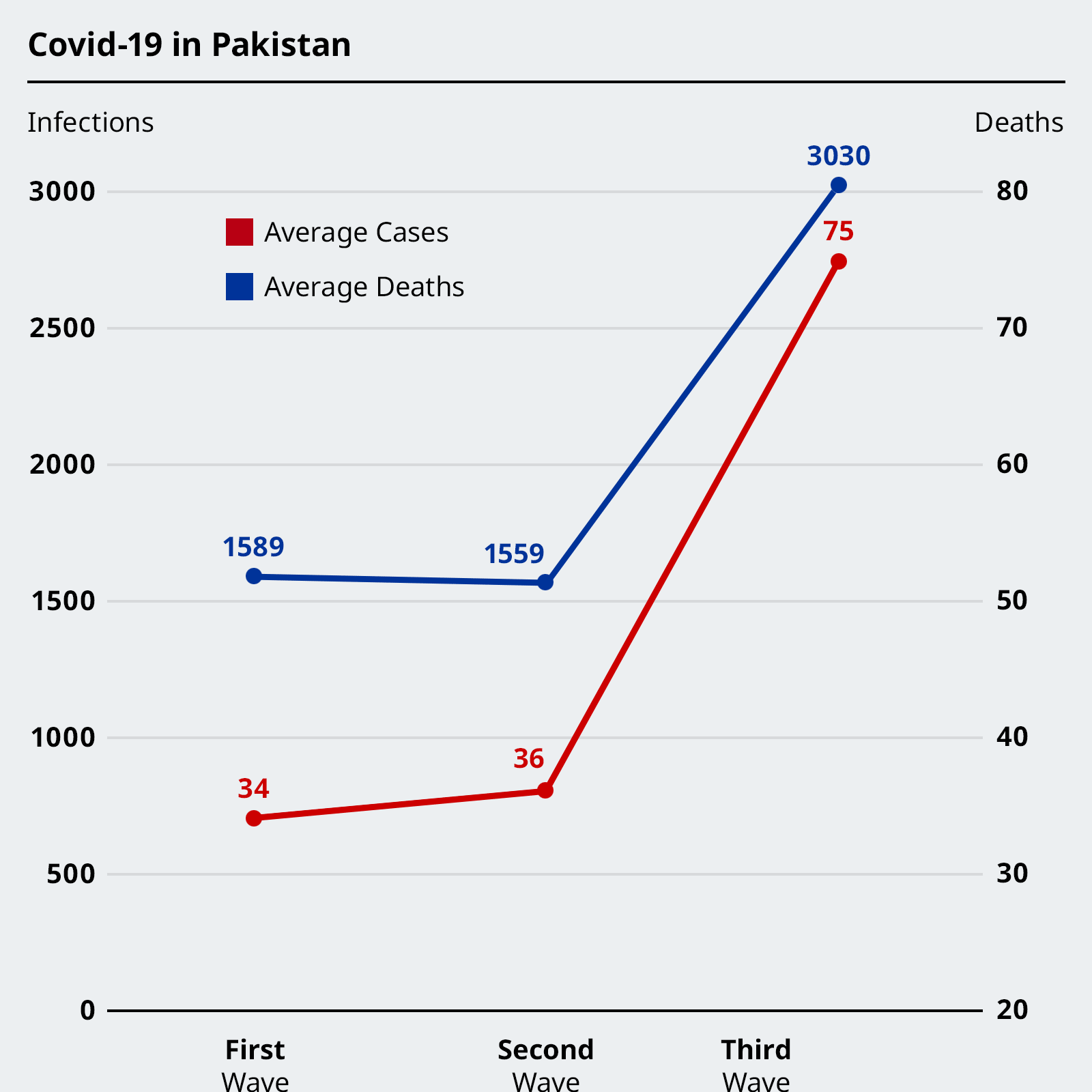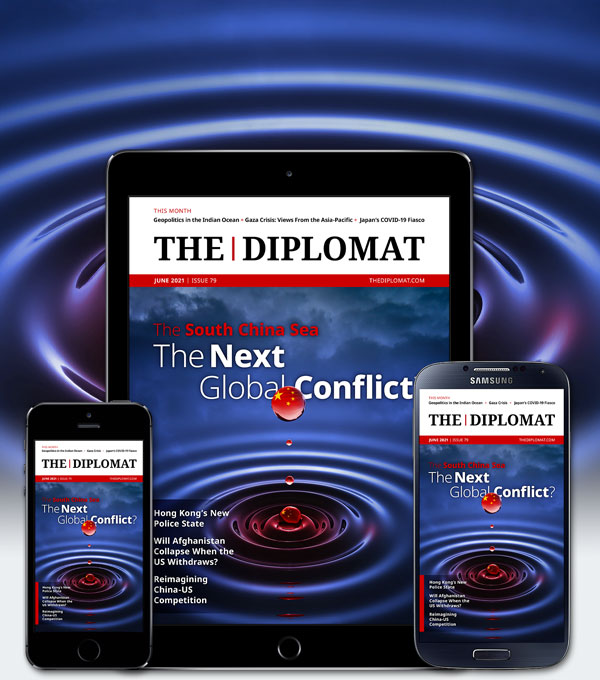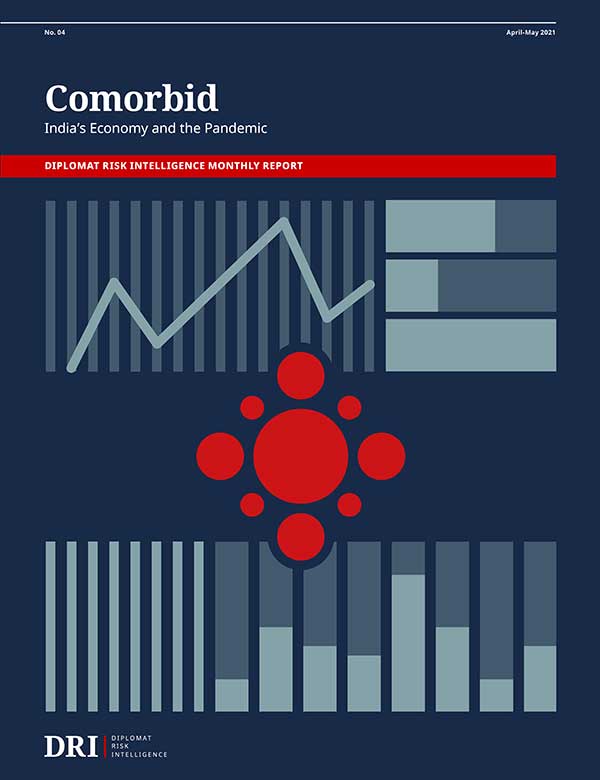| Welcome to the latest issue of Diplomat Brief. This week our top story looks at the state of Myanmar’s Civil Disobedience Movement, nearly five months after the coup of February 1. We also have an interview with David Brophy, a senior lecturer in modern Chinese history at the University of Sydney, about Australia’s China policy and the twin risks of paranoia and pandering. |
| Story of the week |  | DIPLOMACY Myanmar’s Civil Disobedience MovementWhat Happened: The military coup in Myanmar set off a wave of civilian resistance, most notably in the form of the Civil Disobedience Movement. Those taking part in the CDM refuse to show up to work to provide crucial services, from medical care in government hospitals to exchanging money at private banks. The CDM has paralyzed life in Myanmar, but the military crackdown has taken a toll on the protesters as well. Our Focus: “CDM people find it increasingly difficult to cope, as they live in constant fear of arrest, and need to wait for money for a very long time,” Htun Htun from Taunggyi, a supporter of the movement, told The Diplomat. “That’s why some people returned to work, but for most this is out of question to work for the military.” What Comes Next: Myanmar is in a state of deadlock: the military rulers have refused to budge, while members of the CDM and the shadow government are adamant in their resistance. With CDM supporters vowing to continue their strikes, despite the constant threat of arrests and dwindling funds, Myanmar is effectively caught in a game of chicken, inching closer to total economic collapse. So far, there’s every indication the military will let that happen before it agrees to loosen its grip on power. Read this story |
| Behind the News | INTERVIEW David BrophyDavid Brophy, the author of “China Panic: Australia’s Alternative to Paranoia and Pandering,” on Canberra’s hawkish new tone on China: “Australia’s decision to escalate tensions with China wasn’t driven by unreflexive support for the U.S., but by Australia’s own ambitions for influence in the region – including, but not limited to, a desire for an exclusive sphere of influence in the Pacific.” Read the interview |
| This Week in Asia | Northeast Asia China Gets a New US AmbassadorAfter over eight years in Washington, D.C., twice as long as the normal posting, Cui Tiankai is stepping down as China’s ambassador to the United States. Qin Gang is widely rumored to be his planned replacement. Will he continue Cui’s measured approach, or throw a match on the already combustible China-U.S. relationship by adopting a full “wolf warrior” demeanor? Find out more | South Asia Kashmiri Politicians Come to New DelhiIndian Prime Minister Narendra Modi has invited the leaders of 14 political parties from Jammu and Kashmir to come to New Delhi for talks on June 24. The Modi government is keen to restart the electoral process in J&K to restore a sense of normalcy after abrogating the former state’s autonomy in 2019. To do that, Modi will need buy-in from the mainstream political parties. Whether Kashmiri leaders will agree – and what they will demand in return – is worth watching. Find out more | Southeast Asia British FM Embarks on Southeast Asian TourThis week, U.K. Foreign Minister Dominic Raab is embarking on a swing through Southeast Asia, which will include stops in Vietnam, Cambodia, and Singapore. The visits to the three nations, two of which recently brokered free trade agreements with the U.K., are consistent with the Indo-Pacific focus of the U.K.’s recent integrated defense review, which recommended that London fortify its trading and strategic partnerships “east of Suez,” while helping check China’s increasing international assertiveness. Find out more | Central Asia Slim Chances for Opposition in UzbekistanUzbek authorities have once again rejected the registration application of the Truth and Progress Party, citing a lack of adequate signatures and reminding the party that it needs to cease all activities now that its quest for registration has failed. The party’s founder, Khidirnazar Allaqulov, hoped to run for president in October. It now seems highly unlikely he, or any new faces, will contest the vote. Find out more |
| Visualizing APAC |  | Data source: NCOC (The Diplomat's tally) In Pakistan, the third wave of COVID-19 infections has seen the death rate skyrocket – and it remains high, even as case counts start to drop off. See the full picture |
| Word of the Week | DIPLOMACY Bebas aktifBahasa Indonesia for “free and active,” referring to Jakarta’s preference to maintain a non-aligned foreign policy. Find out more |
|  |








